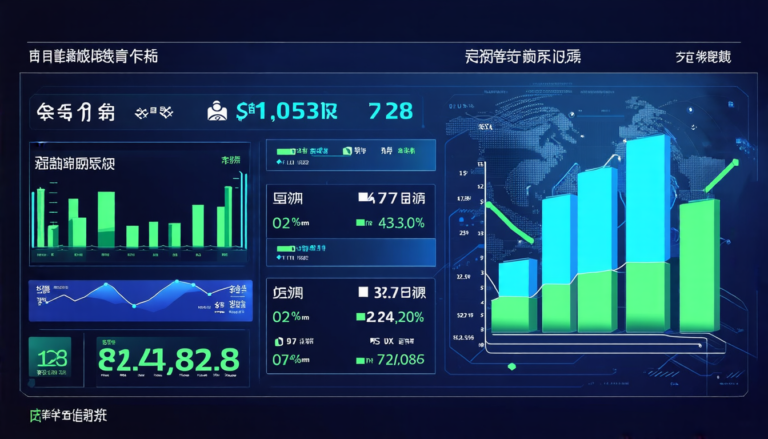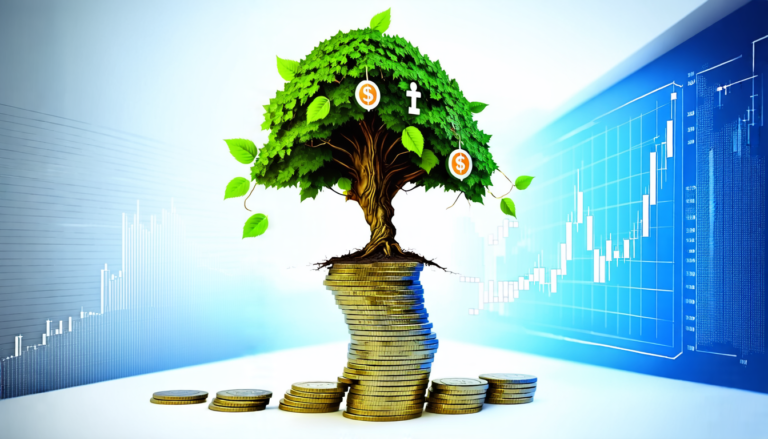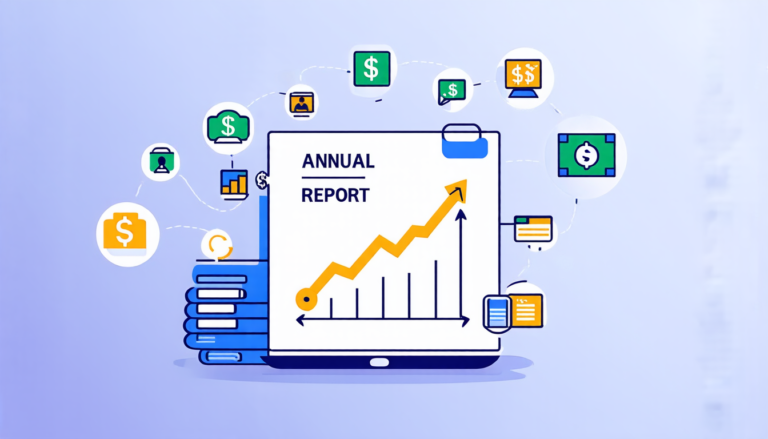Thursday 27 March 2025
The world of finance is often seen as a realm where numbers and spreadsheets reign supreme, but a new study suggests that a more human approach may be key to unlocking long-term success.
Researchers have long known that companies that prioritize sustainability and social responsibility tend to perform better financially in the long run. But until now, it was unclear exactly how this link works. A team of scientists has been investigating the relationship between institutional investors – big players like pension funds and insurance companies – and their investment decisions.
Their findings suggest that when these investors take a more holistic approach to investing, considering factors beyond just profit and loss, they are more likely to achieve strong financial returns over time. This is because they are better equipped to navigate the complex web of environmental, social, and governance (ESG) risks and opportunities that can impact a company’s long-term viability.
The researchers analyzed data from over 2000 studies on ESG investing and found that when institutional investors integrate sustainability factors into their decision-making processes, they tend to perform better than those who focus solely on financial metrics. This is because taking a more comprehensive approach allows them to identify potential risks and opportunities earlier on, making them better equipped to adapt to changing market conditions.
One key finding was that companies with strong ESG performance are more likely to have a positive impact on the environment and society, which can in turn drive long-term financial success. This is because consumers and investors are increasingly demanding transparency and accountability from corporations, and those that prioritize sustainability are better positioned to meet these demands.
The study’s authors also found that institutional investors who take a more active role in engaging with companies and advocating for positive change tend to perform better than those who simply vote on proxy issues. This suggests that investors who are willing to roll up their sleeves and get involved in the nitty-gritty of corporate governance are more likely to reap the rewards.
So what does this mean for investors? In short, it’s time to think beyond just the bottom line. By considering the broader implications of their investment decisions, institutional investors can create long-term value for themselves and society as a whole.
As the global economy continues to evolve, it’s clear that sustainability will play an increasingly important role in shaping financial markets. This study provides valuable insights into how investors can best navigate this changing landscape and come out on top.
Cite this article: “A Human Approach to Investing: Linking Sustainability to Long-Term Financial Success”, The Science Archive, 2025.
Finance, Sustainability, Social Responsibility, Institutional Investors, Esg, Profit, Loss, Financial Returns, Environmental Risks, Corporate Governance







